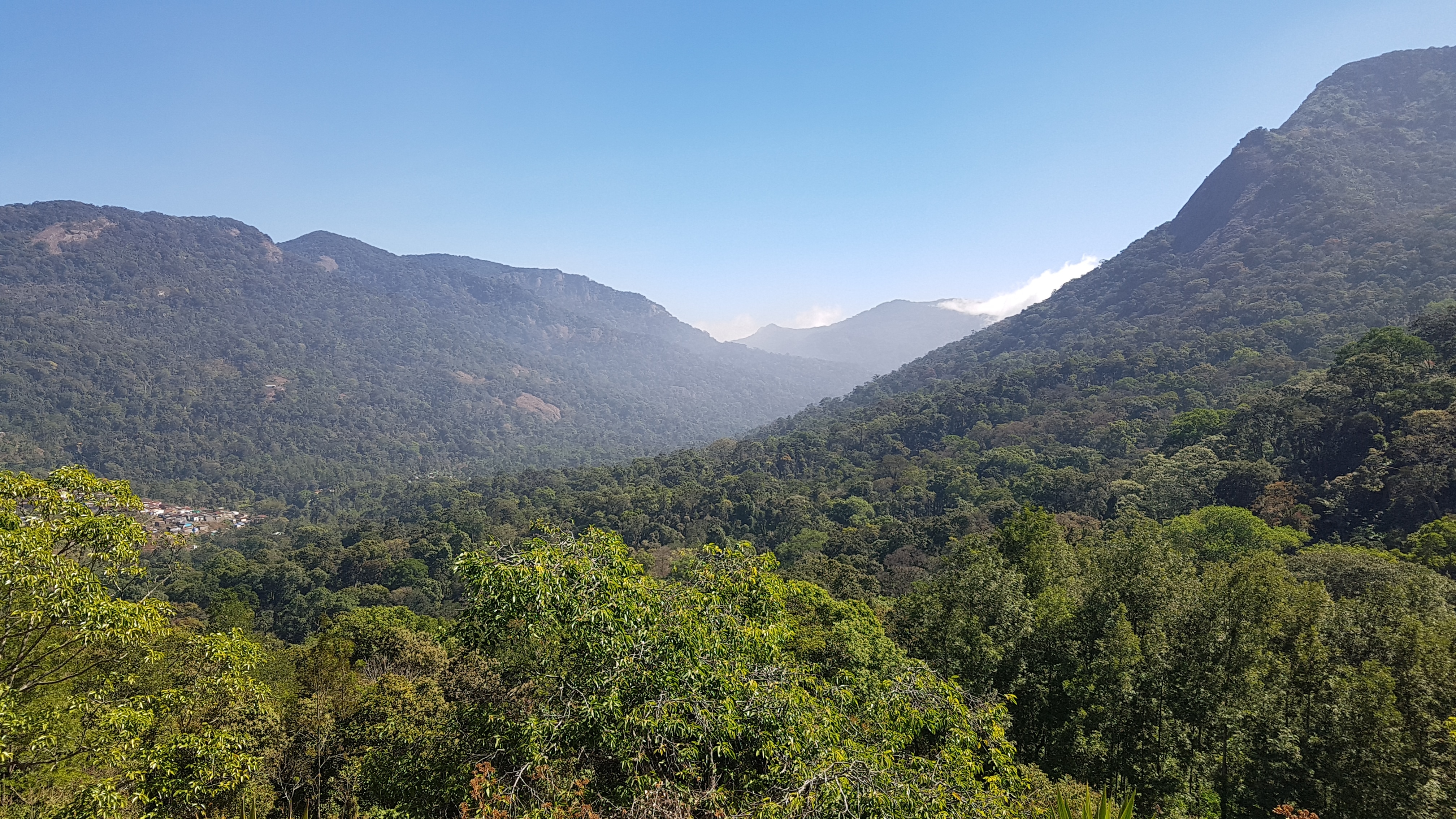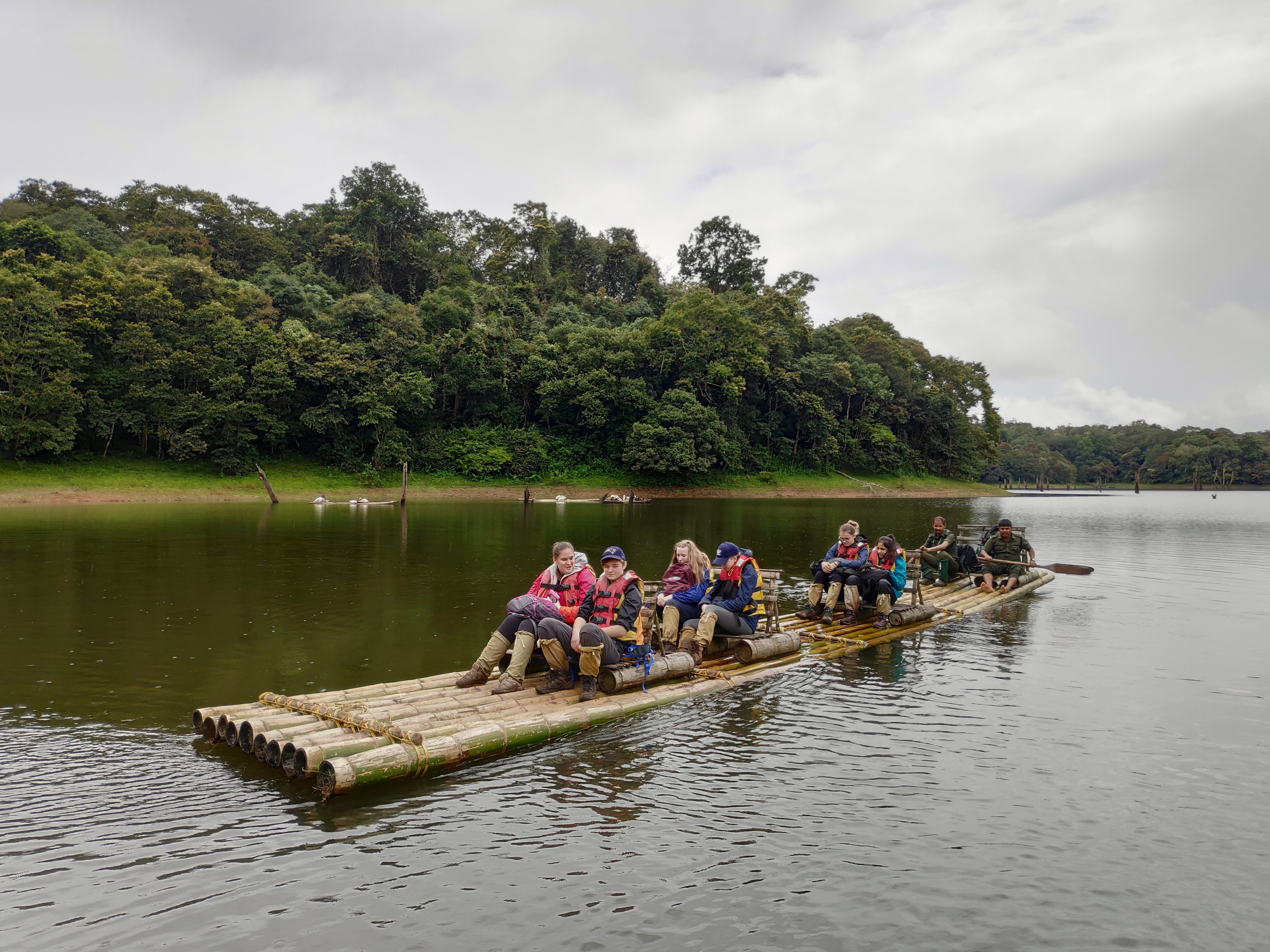Tourism often comes at a price.
But it also has the potential to bring huge benefits when managed responsibly.
In our most recent blog we discuss how the Keralan government are setting the example when it comes to responsible tourism and what we can learn from this South Indian state.
“God’s Own Country”
Often referred to as "God's Own Country," with its 373 miles (600km) of Arabian coast and beaches, network of glistening backwaters, spice-and tea-covered hills and wildlife reserves, it’s no surprise that South India's most serenely beautiful state attracts between 10 - 15 million tourists per year.

Leaders in sustainable tourism
Thankfully, the Keralan state Government and local communities recognise the importance of preserving their diverse ecosystems and rich biodiversity, and are committed to preserving it for future generations.
By prioritising community participation, responsible tourism and cultural preservation, and through integrated efforts between government, communities, and tourism stakeholders, in the last decade Kerala has emerged as a leader in sustainable tourism.
Here are just some of the inspiring ways Kerala is setting the example.
Community Participation is central to Kerala's approach. Local communities are actively involved in tourism planning, decision-making, and implementation of conservation initiatives. This ensures that tourism development is aligned with the needs and aspirations of the people, and that communities benefit directly from tourism revenue through employment, income generation, and capacity-building programs.
Kerala has embraced the concept of responsible tourism, minimising negative impacts on the environment, supporting local communities, and promoting cultural preservation. The state government has also implemented the ‘Responsible Tourism Mission’, which focuses on enhancing the sustainability of tourism activities through initiatives such as waste management, energy conservation, and promoting eco-friendly practices among tourists and tourism stakeholders.
Significant efforts to promote ecotourism, encouraging visitors to explore in a sustainable way while supporting conservation efforts and local livelihoods. The state is home to several ecotourism destinations, including national parks, wildlife sanctuaries, and protected areas, where tourists can experience Kerala's rich biodiversity while directly contributing to conservation efforts.
Cultural Preservation: Initiatives to promote cultural preservation include supporting traditional arts and crafts, showcasing local cuisine, and organising cultural festivals and events. By preserving its cultural identity, Kerala ensures that tourism enhances rather than erodes its unique cultural heritage.
Investing in sustainable infrastructure development: This includes the construction of eco-friendly accommodation options, development of nature trails and trekking routes, and promotion of alternative transportation modes such as cycling and public transport. Sustainable infrastructure ensures that tourism development is in harmony with Kerala's natural and cultural landscapes.
By prioritising environmental conservation, community participation, and cultural preservation, Kerala aims to ensure that tourism remains a force for positive change while safeguarding its precious resources for future generations.
There is so much we can learn from Kerala’s approach to responsible tourism, while exploring its multi-layered landscapes, cherishing its biodiversity and being inspired by its rich culture. Which is why we are passionate about taking students there.
“Kerala, where nature's poetry dances in every leaf, where culture echoes through the rhythm of life, and where the soul finds its sanctuary amidst the embrace of God's Own Country.”

STC ‘Spices and Conservation’ Expedition
Our 10 day Kerala educational journey brings us through cloud forests, nature sanctuaries and hydroelectric dams. We will learn first hand about nature and agriculture in rural Kerala and spend time with indigenous people whilst trekking through the Western Ghats. Let’s not forget the cycling, kayaking and river cruises! This is an enchanting, multi-layered journey in a world away from the frenzy of Northern India.
What’s included?
International flights · All accommodation, transportation and activities · All food · Local, bi-lingual, first-aid qualified STC tour leader · Parent and student trip launch presentation · Pre-travel training programme · 1-day offsite safety INSET day for school staff · ATOL financial protection · Emergency Medical & Repatriation Insurance.
To find out more about our expeditions and educational journeys in Kerala, head to our website, or get in touch:
